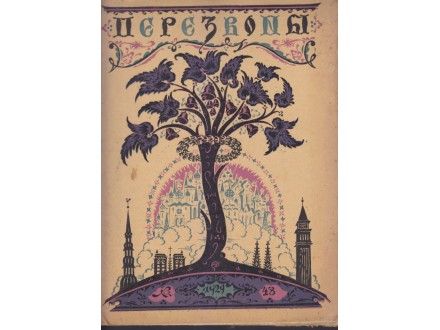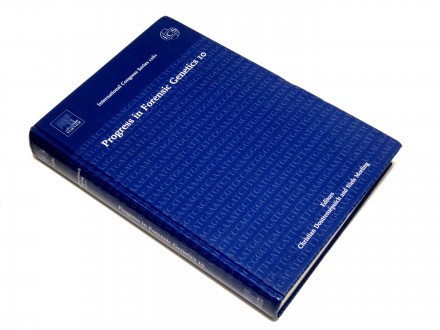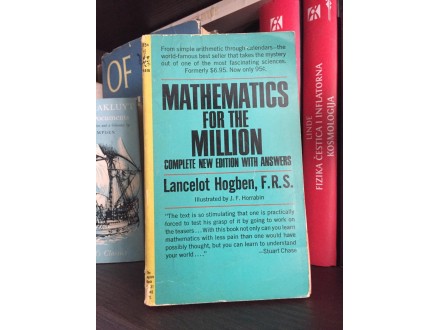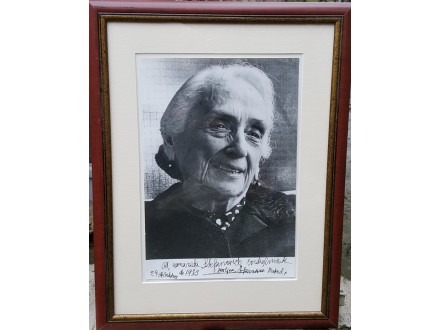Ponuda "When Victims Become Killers Mahmood Mamdani" je arhivirana
EMINEM 8 Mile (original cd)
1.650 din.
Witch Hat Atelier - Volume 1
1.299 din.
Majkl Novak - Duh demokratskog kapitalizma
1.999 din.
BOGZA ĐEO ZAŠTO USTA NE ZATVARAŠ
1.090 din.
Olivia Manning THE BALKAN TRILOGY
1.990 din.
ZVONO casopis `belih` rusa - riga 1925-1929
105.000 din.
Lancelot Hogben MATHEMATICS FOR THE MILLION
1.490 din.
Private Eye - The First 50 Years
1.190 din.
Robert Crais 3 knjige
1.999 din.
Vampire Academy 2,3,4 , Richelle Mead
3.950 din.
EMINEM 8 Mile (original cd)
1.650 din.
Witch Hat Atelier - Volume 1
1.299 din.
Majkl Novak - Duh demokratskog kapitalizma
1.999 din.
BOGZA ĐEO ZAŠTO USTA NE ZATVARAŠ
1.090 din.
Olivia Manning THE BALKAN TRILOGY
1.990 din.
ZVONO casopis `belih` rusa - riga 1925-1929
105.000 din.
Lancelot Hogben MATHEMATICS FOR THE MILLION
1.490 din.
Private Eye - The First 50 Years
1.190 din.
Robert Crais 3 knjige
1.999 din.
Vampire Academy 2,3,4 , Richelle Mead
3.950 din.






















